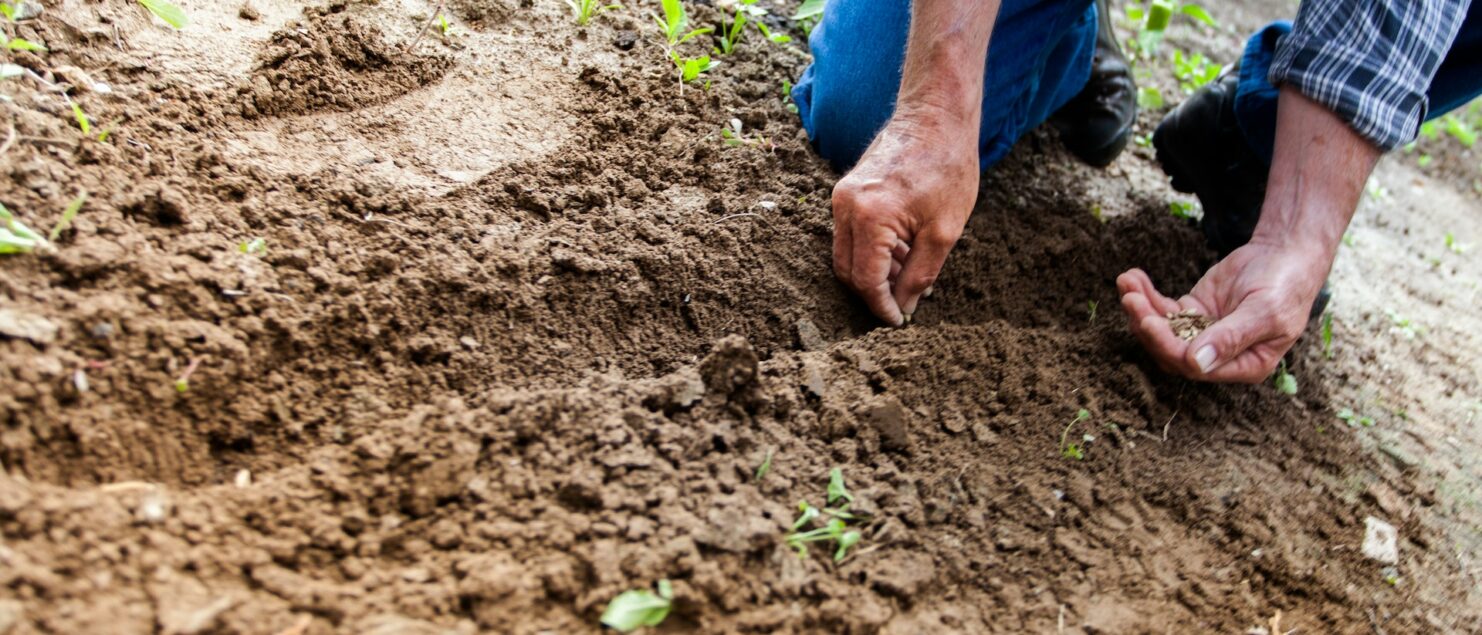How to Avoid Gardening Injuries
Spring has arrived! If you’re like many Americans, you’re probably hoping to get out in the sunshine and bring a little beauty to your yard. Gardening can be incredibly therapeutic, but it’s harder on the body than many people realize. Raking, digging, weeding, mulching, and planting can all cause significant strain on your joints and muscles. That’s especially true for seniors and those who live especially sedentary lifestyles. Your knees, shoulders, back, and neck are at increased risk of injury while gardening. Follow these tips to help avoid gardening injuries:
Warm Up Before You Start
Just as you might warm up before a strenuous workout, it’s important to warm up before diving headfirst into yardwork. Aim to get your heart rate up by taking a brief walk around the block. Follow up your walk with some stretches for your arms, legs, upper and lower back. Roll your shoulders forwards and backwards, then slowly move your head from side to side to loosen up. Try not to overdo it – be mindful of how your body feels.
Work Smarter, Not Harder
The right set of gardening tools can make your life a lot easier. If you’re planning to spend extended periods on your knees while weeding or planting, use a gardening stool. Even better, plant as many of your plants as possible in raised flower beds to limit the need for bending altogether. A garden cart or wheelbarrow will prove essential when moving heavy tools or planting materials.
Use Your Legs
When moving heavy materials, always lift from your legs, not your back. Remember that legs tend to be most powerful when bent about halfway. With this in mind, avoid squatting too low. As you bend, contract your abdominal muscles to avoid straining your back. At the first sign of pain or discomfort, change positions or take a break. By listening to your body, you can sustain longer sessions of gardening.
Take Plenty of Breaks
What’s gardening good for if you can’t stop and smell the roses every so often? Aim to take a break every 30 minutes. Frequent breaks allow you to step back and admire your work, but they also give you the opportunity to stretch, walk around, drink some water, and stand in the shade. This will help prevent heat exhaustion and keep you happily chipping away at projects for longer.
End your gardening session with some light stretching or a quick walk. To prevent next-day soreness, try taking a warm shower or bath. Should you experience pain, reach out to the team at Physical Therapy Partners.

